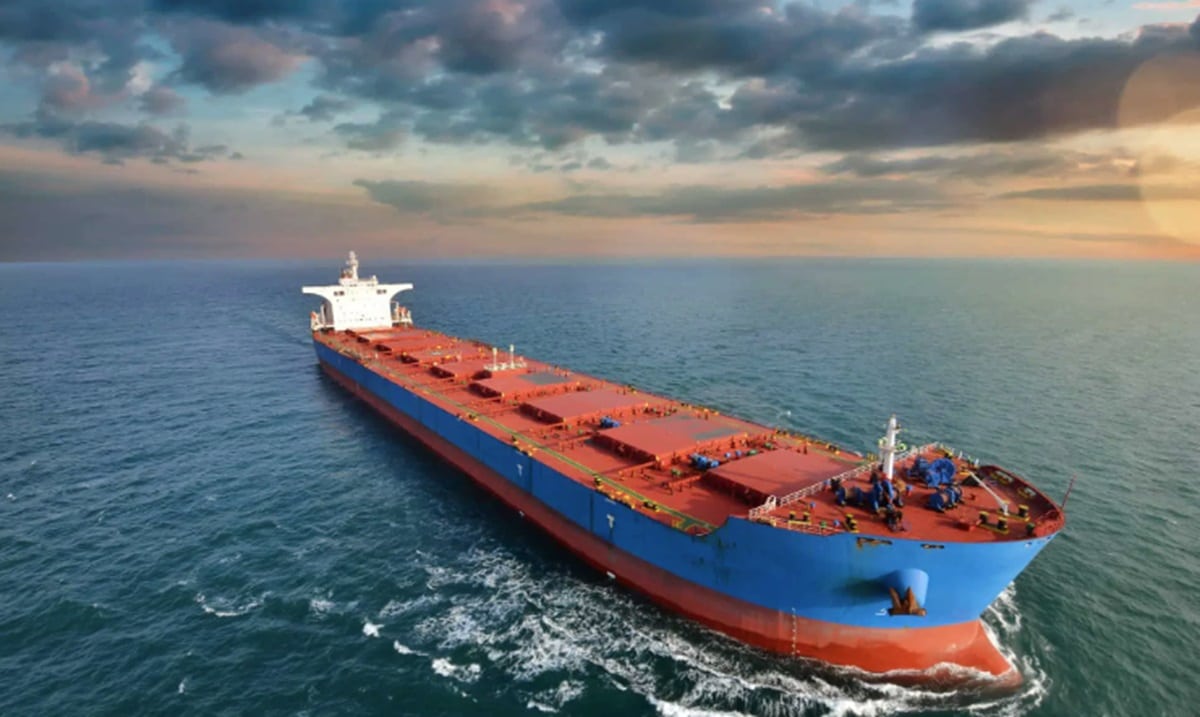Veson Nautical Sees Bulker Fleet Facing Speed Decline Amid Ageing Tonnage
Aging Bulker Fleet Facing Speed Decline

The global bulker fleet is facing a significant decline in average speed, primarily due to the increasing age of vessels in the fleet. A recent report by Veson Nautical, a freight management solution provider, highlights the challenges posed by older ships and the impact on operational efficiency and carbon emissions.
The Impact of Aging Fleet on Speed Decline
The report from Veson Nautical reveals that the average speed of the bulker fleet has been decreasing steadily, with older vessels experiencing a more significant slowdown. This decline is attributed to the aging fleet and regulations like the carbon intensity indicator (CII), which incentivize lower speeds for improved carbon efficiency. Older vessels are becoming less economical to operate at higher speeds, leading to a notable decrease in their transport work.
Data analysis shows that vessels built before the 2013 Energy Efficiency Design Index (EEDI) regulations are slowing down significantly, widening the speed gap between older and newer, more efficient ships. A significant portion of the current bulker fleet was constructed before the EEDI regulations came into effect, resulting in operational challenges to meet modern efficiency standards.
Decarbonization efforts will lead to a net increase of 237 Bn ton-miles, predicts Veson Nautical
The average age of the bulker fleet has risen from 8 years in 2018 to nearly 12 years today, indicating a trend towards older vessels dominating the market. As a result, a two-tier market has emerged, with modern vessels commanding a premium, especially in regions with strict age restrictions and carbon regulations such as the US and Europe.
The report also highlights that modern bulkers are experiencing fewer transactions as their efficiency and emissions compliance command higher charter rates. In contrast, older vessels are still in demand for low-priority cargoes, but as global emissions regulations tighten, aging vessels are likely to be pushed into niche markets while newer vessels dominate more profitable routes.
